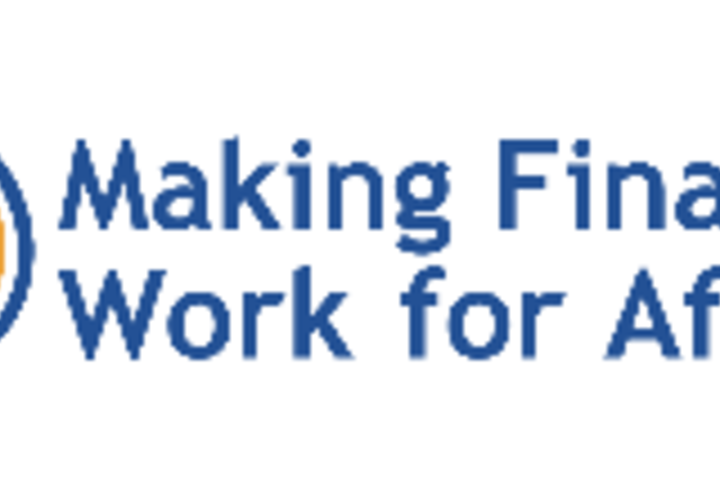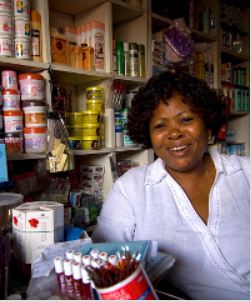Not so long ago the international development community felt it had found an answer to Africa's long-standing poverty problem: the microcredit model. Many microcredit programs were launched in the 1990s with the aim of reducing poverty by promoting a local microenterprise development trajectory that would transform Africa 'from below'. Sadly, this movement was getting underway in Africa just as elsewhere around the world it was becoming clear that microcredit did not work as it is supposed to do, and that almost the entire argument in favour of microcredit was actually built on 'foundations of sand'.Most recently, a team of some of the most reputable evaluation specialists in the world reported on a number of studies they had carried out these past few years using the supposedly more accurate Randomised Control Trial (RCT) methodology, and the central finding they came to was that there is essentially no impact from microcredit. The conclusion was sobering indeed, noting "The studies do not find clear evidence, or even much in the way of suggestive evidence, of reductions in poverty or substantial improvements in living standards. Nor is there robust evidence of improvements in social indicators" (Banerjee, Karlan and Zinman 2014: 17 - italics added).
Articles
Is Financial Inclusion Working in Africa? A Provocative Look into Financial Inclusion through the South African Example

Apr 08, 2015
Financial Education






